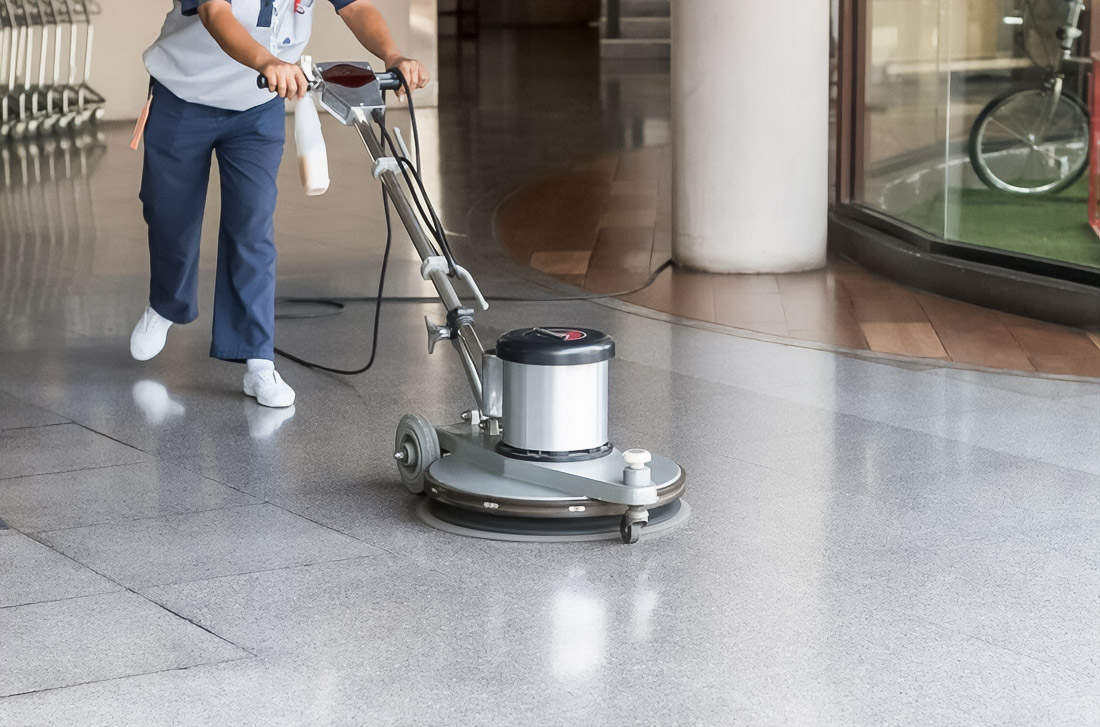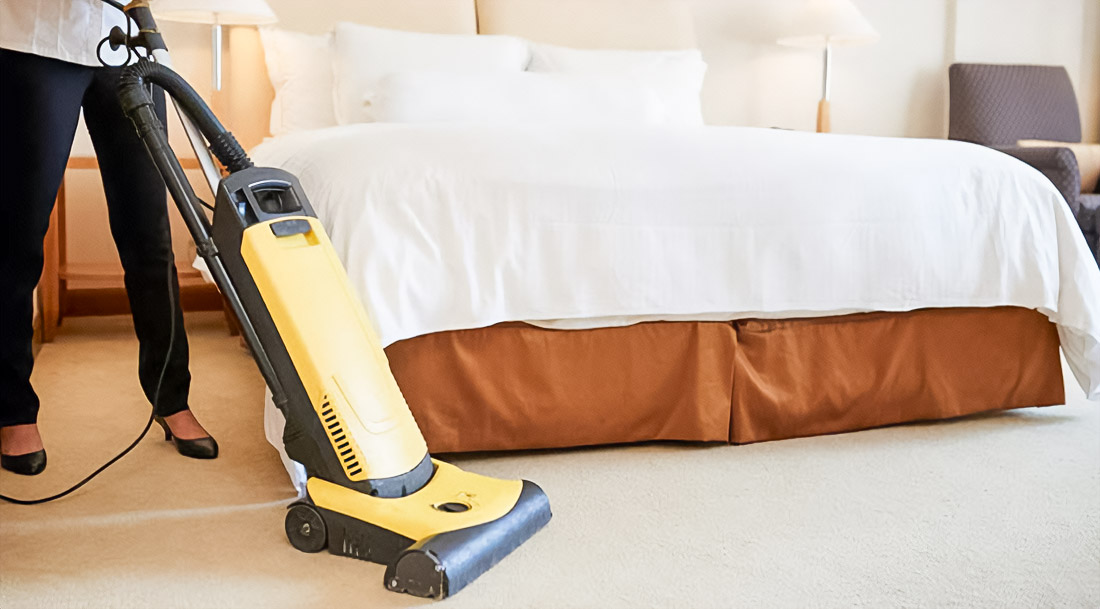Modern technologies actively enter our everyday lives, and industry cleaning is one of those areas where the introduction of high technologies can lead to revolution. One of the most significant innovations in recent years was the use of smart sensors in cleaning carts. Sensors provide more quality and environmentally clean cleaning than ever before. In conditions when environmental problems become more relevant, innovations that reduce harm and optimize the use of resources acquire special significance. For example, companies engaged cleaning equipment suppliers in UAE actively implement similar technologies.
Technologies of new time: smart sensors in cleaning as a step to future

Smart sensors: what they themselves represent and why so important
Smart sensors – this devices, collecting important data from surrounding space and transmitting them for analysis. They can read level humidity, temperature, presence polluting elements and many other parameters. Integration sensors in cleaning carts provides operators opportunity collect data in mode real time, allowing on their basis improve processes cleaning.
- In conditions of rapidly growing urbanization and increased areas for cleaning, these technologies become more in demand.
- About 70% of companies using sensors noted growth efficiency cleaning processes.
Diversity sensor technologies in cleaning carts
Today’s cleaning carts can include various types of sensors:
- Sensors movement: automatic planning routes cleaning and minimization repeated coverage of same sections.
- Sensors level pollution: determination sections, requiring especially thorough cleaning.
- Sensors control humidity and temperature: maintaining optimal conditions for quality cleaning.
- Sensors consumption chemical means: rational use chemicals for reduction waste.
Environmental advantages: smart sensors and reduction chemical waste

Using smart sensors directly contributes to the reduction of chemical consumption. Traditional methods of cleaning often lead to the excessive use of chemicals, which harms the environment. Sensors allow for the reduction of the use of chemistry to 40%, accurately dosing the required amount of necessary means. This not only saves expenses but and contributes to the reduction of volumes of toxic waste, affecting ecology. Learn more about safe chemical means.
Smart sensors as a tool for increasing productivity
Optimization work and distribution efforts
Smart sensors increase productivity labor by the possibility of automation control and management of cleaning processes.
- Operators can concentrate their efforts on more complex tasks, requiring the participation of humans.
- Automation cleaning routes reduce time spent on movement between cleaning points, which allows service on 30% more objects for the same time.
Practical examples: successful cases implementation sensor technologies

Experience and successes large companies
Some companies already actively use smart sensors, and the results do not make them wait:
- One of the largest hotel networks reduced the use of chemicals by 30% with the help of sensors, and the time cleaning each room decreased by 20%.
- Large shopping center implemented sensors, achieved reduction expenses on cleaning by 25% thanks to rationalization resources and improvement productivity labor.
Advantages for ecology and economy: synergy technologies and business

The application of smart sensors in cleaning has significant economic effects. Reduction of consumption of chemical means and optimization of water use reduce negative impact on the environment. Increasing efficiency processes helps reduce labor and resource expenses, making businesses more profitable and competitive. For study statistics implementation of these technologies, visit statistical data about technologies cleaning.
Future smart sensors: new horizons and perspectives
With development technologies smart sensors promise even more possibilities. As reduction cost and expansion availability all more companies able implement similar solutions. Development new types sensors and algorithms expected in near future and they allow even more effectively manage cleaning processes.
- Integration artificial intelligence and machine learning can open possibilities for even more deep automated management.
- Potential new types of sensors can expand the functionality of cleaning systems.
Thus, smart sensors undeniably open new era in cleaning industry, increasing its efficiency and environmental sustainability. In conditions growing global changes and competition such technologies serve not just advantage, but necessity for success in business.
Basketball fan, vegan, hiphop head, reclaimed wood collector and growthhacker. Working at the fulcrum of simplicity and computer science to create not just a logo, but a feeling. I sometimes make random things with friends.
